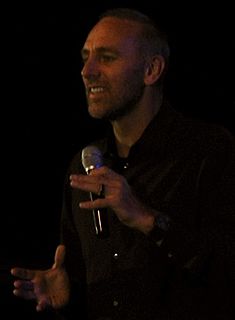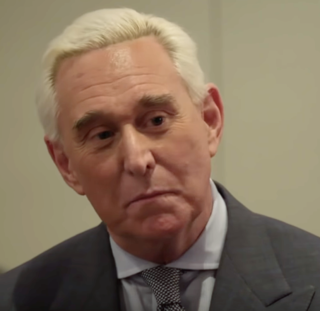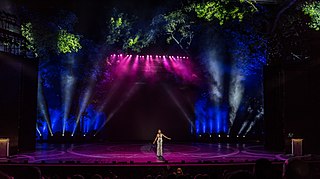A Quote by Perry Bellegarde
Growing up, the major institutions were school and church. We were taught our culture was no good. We didn't have sundances. The last ones were in the 1940s and '50s. They're starting to come back now. Each reserve is starting to have a Big Lodge and a sundance ceremony. That's what's going to rebuild our people.
Related Quotes
We planted the church by starting a Sunday night outreach. The very first Sunday we had 70 people turn up. The second week, there were 60, the third week, 53, and by the fourth week, 45. I've often joked that we worked it out at the time- we had only four and a half weeks left until there were no more people. It was about that time that we had our first ever commitment to Christ. We outgrew the school hall after 12 months. The crowds were so big that we were using road-case as the platform, and what should have been the stage as a balcony so that we could fit more people in.
I was brought up by a Victorian Grandmother. We were taught to work jolly hard. We were taught to prove yourself; we were taught self reliance; we were taught to live within our income. You were taught that cleanliness is next to Godliness. You were taught self respect. You were taught always to give a hand to your neighbour. You were taught tremendous pride in your country. All of these things are Victorian values. They are also perennial values. You don't hear so much about these things these days, but they were good values and they led to tremendous improvements in the standard of living.
I got back in my car, starting the engine, then drove off. It wasn't until I pulled onto the highway that it all really sunk it, how temporary our friendship had been. We'd been on our breaks, after all, but it wasn't our relationships that were on pause: it was us. Now we were both in motion again, moving ahead. So what if there were questions left unanswered. Life went on. We knew that better than anyone.
A word about blue jeans, which, when I was growing up, were called dungarees, one of the more unfortunate marketing ideas of our time: Starting as a work garment for miners, the ubiquitous blue jeans became a staple of the counterculture starting when Brando wore them in 'On the Waterfront' and remained so through the anti-war protests of the '70s.
All of us somehow felt that the next battleground was going to be culture. We all felt somehow that our culture had been stolen from us-by commercial forces, by advertising agencies, by TV broadcasters. It felt like we were no longer singing our songs and telling stories, and generating our culture from the bottom up, but now we were somehow being spoon-fed this commercial culture top down.
If I were starting now I would do things very differently. I didn't know anything. In Silicon Valley, you get this feeling that you have to be out here. But it's not the only place to be. If I were starting now, I would have stayed in Boston. [Silicon Valley] is a little short-term focused and that bothers me.

































